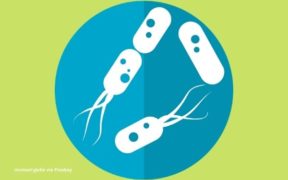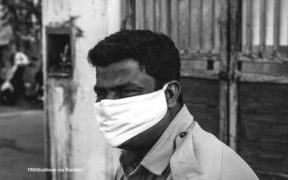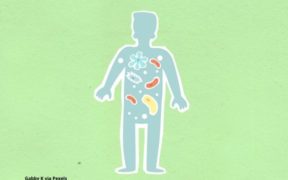- Have any question?
- 02 7200 2179
- media@healthcarechannel.co


Antibiotic resistance in E. coli has been steadily increasing since the early 2000s despite attempts to control it, a new study suggests. In the biggest genomic survey

Moderate alcohol intake — defined as no more than one alcoholic drink for women and two for men per day — has been associated with

In response to the final report of the Royal Commission into Aged Care Quality and Safety (the Royal Commission), the Australian Government is delivering a

As the COVID-19 cases continue to rise in India, doctors have begun to notice another alarming trend. Some COVID-19 patients who have recently been released

Quality care is a critical issue for mothers and newborn health. More women globally give birth in health facilities than ever before, but this has

Most people who consume double the recommended 5g of daily salt intake are putting themselves at greater risk of heart diseases and strokes that kill

Fully investing in midwives by 2035 would avert roughly two-thirds of maternal, newborn deaths and stillbirths, saving 4.3 million lives per year. Millions of lives

The World Health Organization (WHO) and the Federal Republic of Germany will establish a new global hub for pandemic and epidemic intelligence, data, surveillance and

WHO’s latest global survey on the implementation of national infection prevention and control programmes highlights the urgent need to reduce inequalities in the availability of

Volunteer firefighters — who comprise more than 65 percent of the U.S. fire service — have higher levels of “forever chemicals,” per- and polyfluoroalkyl substances

Yale researchers have shown that developmental abnormalities, including those that lead to pregnancy loss and autism, are controlled by the genetics of the fetus and

A Wyss Institute-led collaboration spanning four research labs and hundreds of miles has used the Institute’s human organ-on-a-chip (Organ Chip) technology to identify the antimalarial